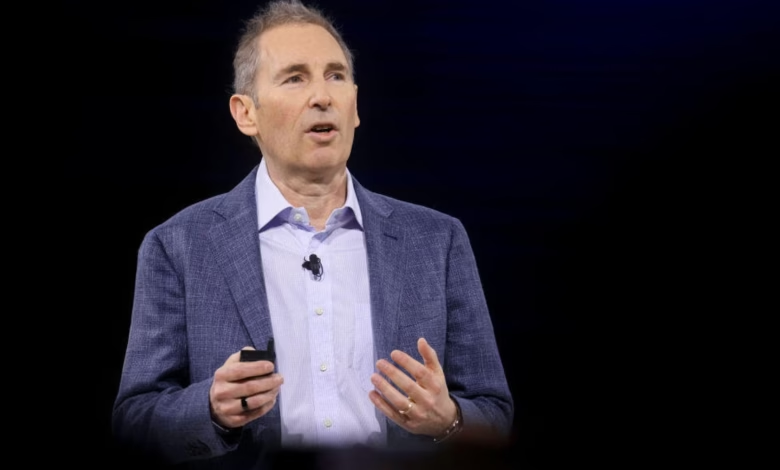Amazon CEO: AI Will Replace Jobs but Also Create More Engaging Roles

▼ Summary
– Amazon CEO Andy Jassy predicts AI adoption will automate some jobs but also create new roles, making work more interesting.
– Tech leaders like OpenAI’s Sam Altman and Google DeepMind’s Demis Hassabis downplay job loss fears, emphasizing AI’s potential economic benefits.
– Amazon is heavily investing in AI, launching tools like Alexa+ and DeepFleet, but acknowledges this will reduce some jobs while increasing demand in other areas.
– AI agents, capable of autonomous planning and coordination, are a key focus for tech companies aiming to demonstrate returns on AI investments.
– Despite AI-driven layoffs at companies like Amazon and Microsoft, a survey shows 84% of tech leaders plan to expand their workforce in the next six months.
Artificial intelligence will transform the workforce by automating certain tasks while simultaneously creating new opportunities for more meaningful work, according to Amazon CEO Andy Jassy. In a recent CNBC interview, Jassy acknowledged that AI adoption will reduce headcount for some roles but emphasized how the technology will reshape rather than eliminate employment opportunities.
During his discussion with Jim Cramer, Jassy pointed out that while automation may reduce staffing in certain areas, AI and robotics will generate demand for specialized talent. “We’ll hire more people in AI, more robotics experts, and other emerging roles over time,” he explained. His perspective aligns with broader industry trends where tech executives balance warnings about job displacement with promises of new career paths.
Other tech leaders echo this cautious optimism. OpenAI’s Sam Altman recently suggested AI could eliminate entire job categories while generating unprecedented economic value. Google DeepMind’s Demis Hassabis similarly dismissed concerns about hiring slowdowns, confirming plans to maintain or expand engineering teams.
Amazon’s aggressive AI investments highlight both the potential and challenges of workforce transformation. The company recently launched Alexa+, an upgraded AI assistant, alongside tools like Video Generator for automated ad creation and DeepFleet for managing fulfillment center robots. These innovations come with trade-offs, Jassy warned employees in an internal memo that AI-driven efficiencies may shrink corporate teams in the short term.
Since 2022, Amazon has cut approximately 27,000 jobs as part of cost-saving measures, a trend mirrored by Microsoft’s recent layoffs affecting 4% of its workforce. Yet Jassy remains bullish on long-term job creation, particularly around AI agents, advanced systems capable of independent planning and collaboration. Unlike basic chatbots, these agents leverage digital tools to execute complex tasks, making them a focal point for tech investment.
Industry surveys reflect this shift. Nearly half of 500 tech leaders polled by Ernst & Young are deploying AI agents, while 84% anticipate workforce growth within six months. The data suggests that while automation reshapes traditional roles, demand for AI-related skills continues to rise.
For those tracking AI’s impact on employment, the message is clear: disruption is inevitable, but so is reinvention. The workforce of the future won’t just adapt to AI, it will be built around it.
(Source: ZDNET)





